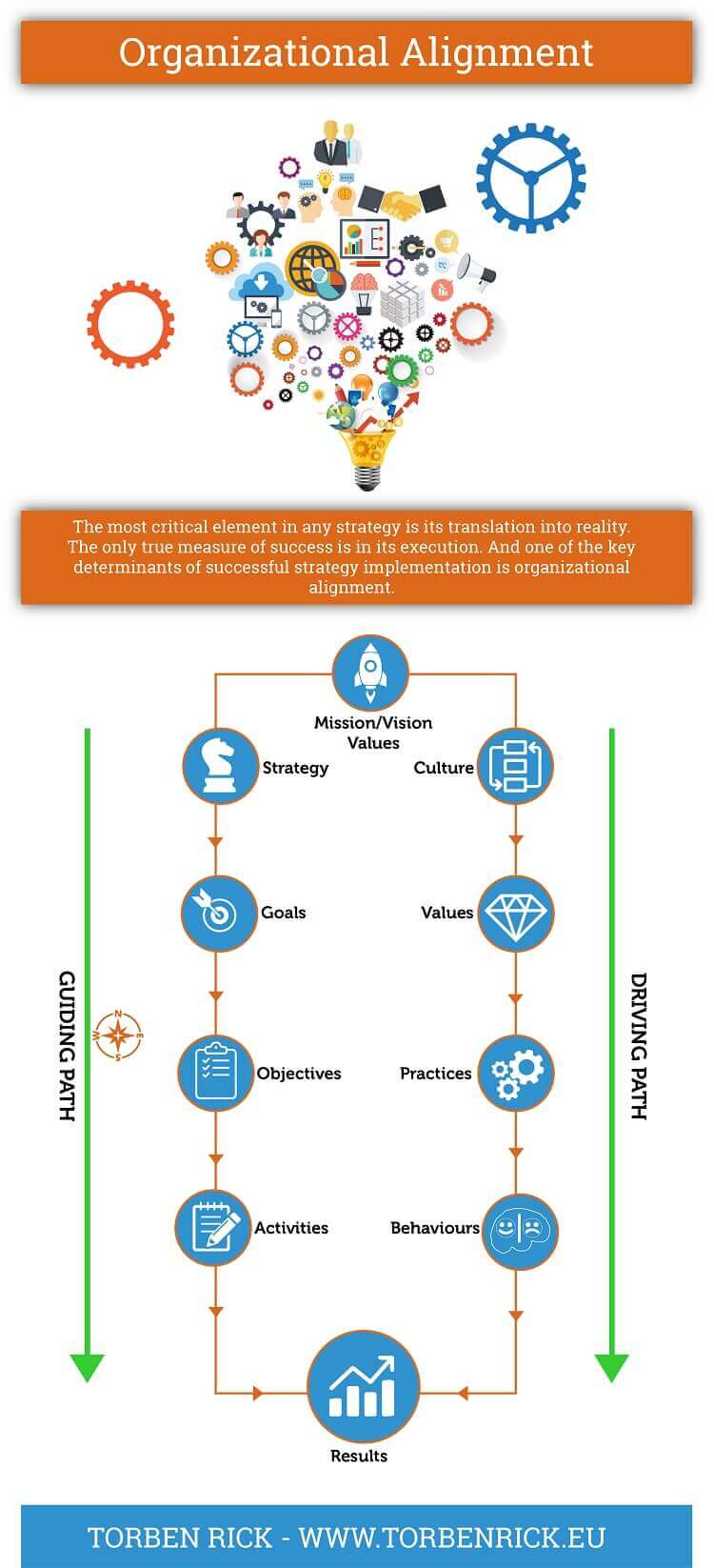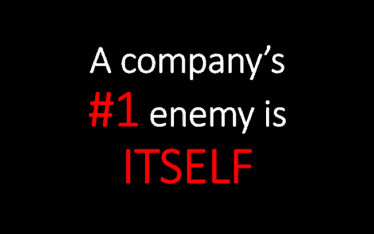Strategy is rational and logical
Strategy, at its core, is rational and logical, clear and simple. It should be easy to comprehend and to talk about. Without a clear strategy, a company is lost.
Culture is human
Corporate culture means different things to different people. It is emotional, ever-changing, and complex. Culture is human, vulnerable, and as moody as the people who define it.
A strategy that is at odds with a company’s culture is doomed. Culture trumps strategy every time – culture eats strategy for breakfast
Corporate culture is an incredibly powerful factor in a company’s long-term success. No matter how good a strategy is, when it comes down to it, people always make the difference.
It can be intimidating and frustrating, often leaving leaders dodging it, neglecting it, or discounting it.
Because so many companies are run by people whose expertise is heavily skewed to the rational, financial, and legal side of the equation, culture is often subordinated, misunderstood, or unappropriated.
Too often a company’s strategy, imposed from above, is at odds with the ingrained practices and attitudes of its culture. Leaders may underestimate how much a strategy’s effectiveness depends on cultural alignment.
The relationship between culture and strategy
So what is the relationship between culture and strategy:
- Strategy drives focus and direction while culture is the emotional, organic habitat in which a company’s strategy lives or dies
- Strategy is just the headline on the company’s story – culture needs a clearly understood common language to embrace and tell the story that includes mission, vision, values, and clear expectations
- Strategy is about intent and ingenuity and culture determines and measures desire, engagement, and execution
- Strategy lays down the rules for playing the game, and culture fuels the spirit for how the game will be played
- Strategy is imperative for differentiation, but a vibrant culture delivers the strategic advantage
- Culture is built or eroded every day. How you climb the hill and whether it’s painful, fun, positive, or negative defines the journey
- When culture embraces strategy, execution is scalable, repeatable and sustainable
- Culture is a clear competitive advantage
- Culture must be monitored to understand the health and engagement of an organization
Culture is eating what it kills
Organizational culture is eating what it kills – such as strategy, change management, innovation, operational efficiency, lean process and even including vision and mission. Culture trumps strategy every time!
Article published:
This post was published in LeaderMag – Aug 2013
Short URL & title:
What is the relationship between corporate culture and strategy — http://www.torbenrick.eu/t/r/tsw
Share it:
If you enjoyed this article, please take 5 seconds to share it on your social network. Thanks!









Dear Torben
i do totally agree with your statement that culture will eat the strategy on breakfast ,and i would like to take the point further with you and request your opinion about how to align a multicultural team operation with the market/client culture where you are getting a strategy developed by top management originated from different market that have their own culture too?
thank you
Thanks for sharing this wonderful piece of content. I do agree with you on strategy and culture part. Some companies have good strategy but they drive the people like crazy.
Dear Torben,
I cannot agree more with you. I have experienced the positive effect of creating a culture in my previous company where the right things happened almost by itself. I actively worked creating that positive culture supporting the companies strategies using a lot you described in your presentation.
I came to this believe after reading Tolstoi’s “War and Peace” which brilliantly supports your view.
Regards,
René
Thanks René
Very good article, on culture and strategy. One important fact is that both are needed to an organization though. Without proper strategy having a great culture will get nowhere and vice versa. Organizations that understand the culture, knows how to cultivate and promote it combined with a strategic direction/vision will always flourish. Will be able achieve goals that will benefit them both financially and organizationally.
To compare Strategy is like more like a Waterfall methodolgy whereas Culture is more Agile
I would like to make a sport analogy to explain what I think about this. A great company culture provides for an overall strong team. But a strong team without a top-player, one that can really make a difference goes nowhere.
So, for me, the strategy maker is the top player.
It goes the other way around too: if you put a top player in a sorry team, you don’t get anywhere either.
So you need a combination of both.
Thanks a lot for you presentation. can I translate this article to farsi for my friends.
I have enjoyed your views for a couple of years. Have spent a great deal of time studying both I have reached a different understanding.
Strategy – leading that which is spread out – historically has included culture.
I have come to the conclusion that managers are agents of organizations and leaders are agents of culture.
History has shown that the culture of an organization that has fragmented into multiple cultural silo’s can not survive in the long term.